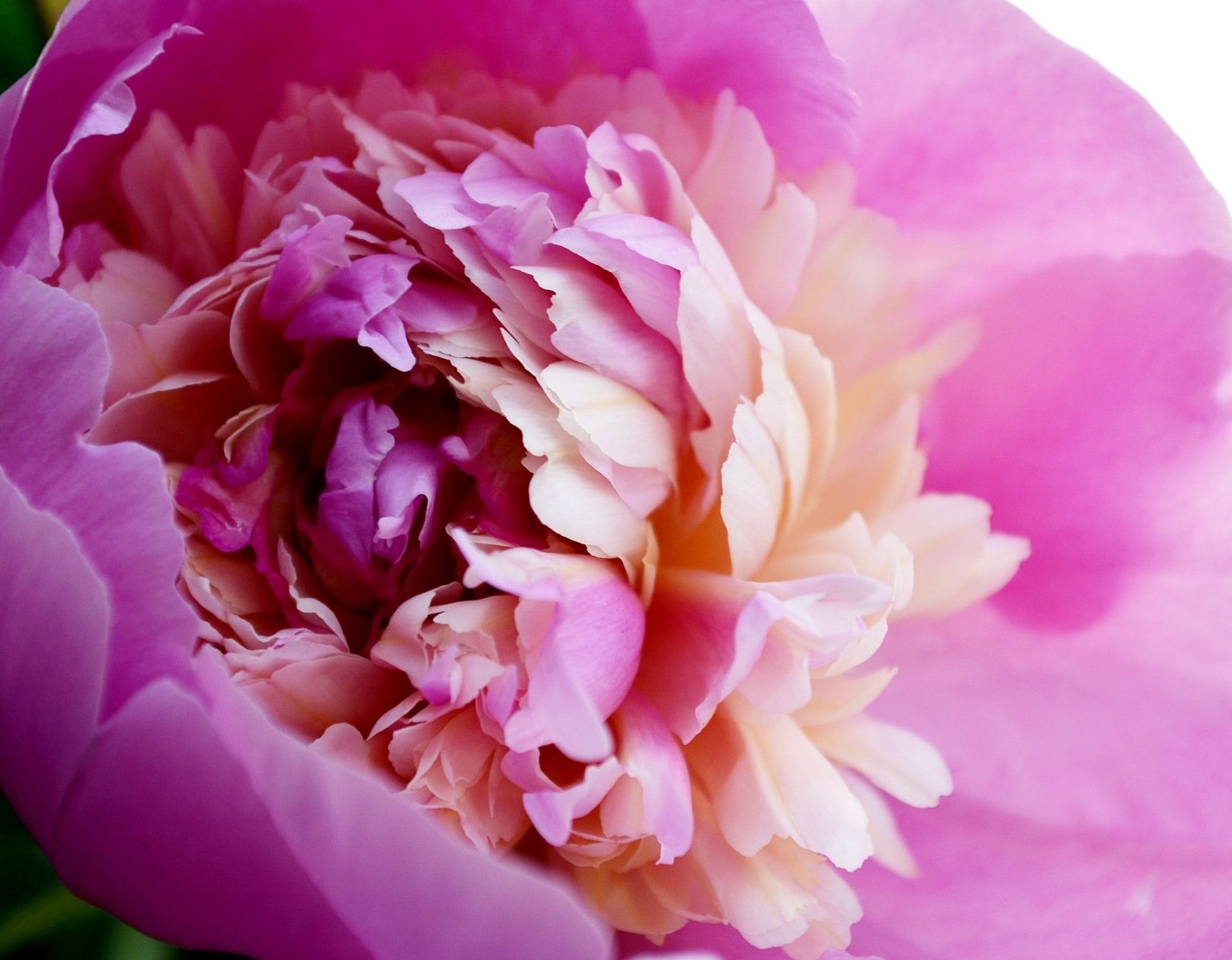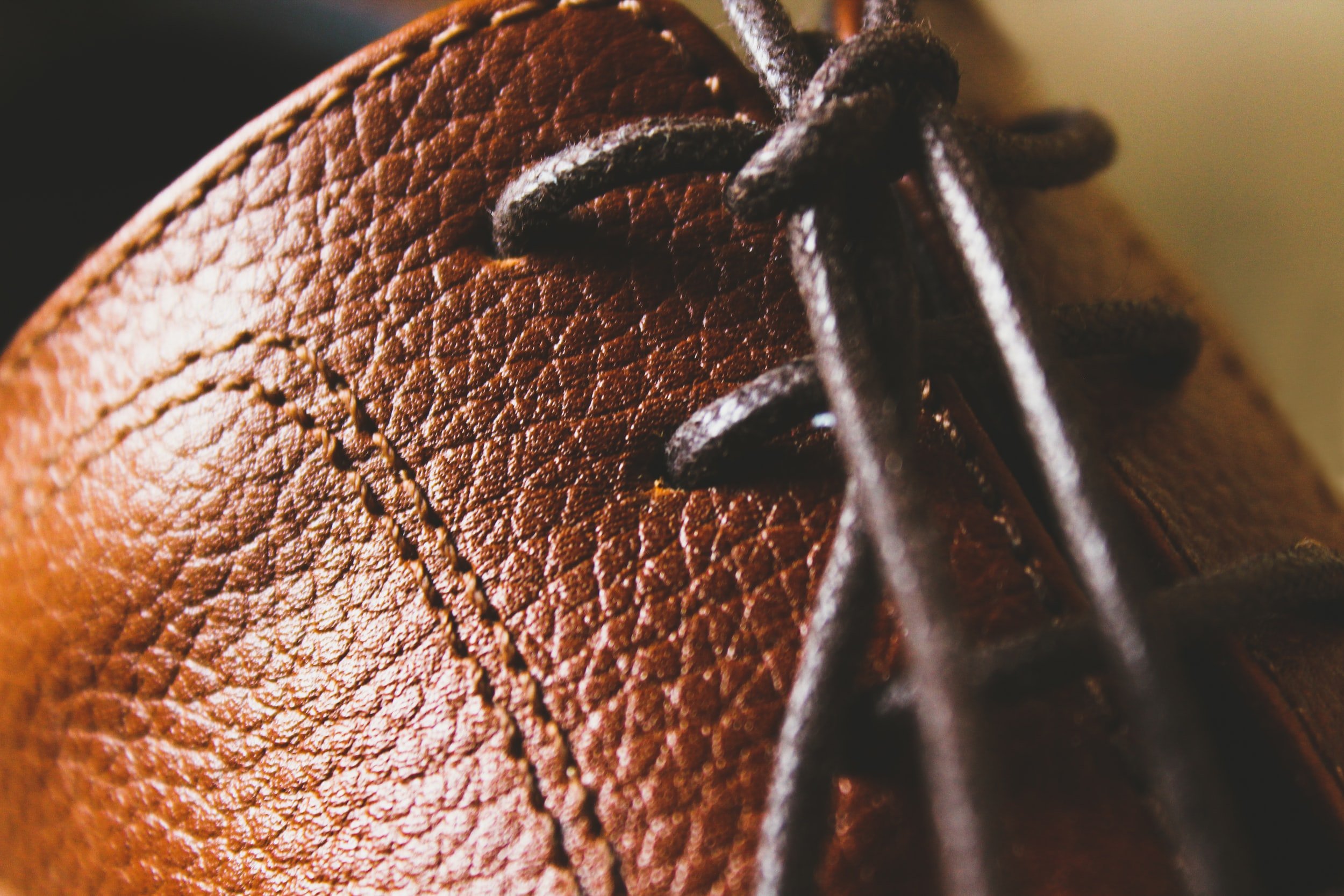on the hottest day of the summer, my body decides
to fucking lose it. Wails
on a phone line to its beloved, daydreams
colliding into a brick wall at fifty MPH, abandons
the house of a best friend without explanation. I wish I could explain
the fleas burrowing beneath my wood floors, the torn hole
in the tire of my lemony Volkswagen, the accordion list
of unsent emails & academic protocols & untended sisters
a thousand miles from me back east, the partly part-time job
I picked up to keep the lights on. My fear of being too much & never
enough. Truth, a friend tells me, isn’t confession. Desire
usually does the trick. I try--I want to watch my man
bike down a black diamond
in sexy silver leggings. To play Two-Dots & eat ice cream, to give
my stretch marks beautiful girl names. To book it
back to Appalachia, to find a small cabin stocked with bath bombs
& cheese puffs & VHS copies of horror movies to help me
sleep. With a disco ball & speaker system that bumps
Pinkshift on repeat. With every stuffed animal I’ve ever kissed
on the forehead without shame.
In the real, rain plays withholding. Girls I once dropped
it low with in hot pants get married to mediocre men. My sister
buys her first car & I am not there to witness her smile
overshadow the skyline. My mother texts me
You can always come home. I pull out
my hair in a feedback loop, leave evidence of loss
everywhere I go. I want to scream
in an empty room until my esophagus splits its seams. To pretend
I still have a say over my future. To be held
like a child, to have nothing
to prove. To don stilettos & get in a bar fight with J.D Vance
knowing the right kind of hooked anger
can bring any bully to their knees. To feel the pressure of a tongue
between my legs, look down
& find my man ordering take-out. My idea of luxury:
not begging for what I need. How luxurious it would be
to paint my nails with glitter in candle-lit room with friends & talk
art, fearless. A luxury: a self-cleaning stove, a heart
that can give without breaking. A storm cloud that lingers
over my Oklahoma threshold, promising
Not soon--now.



















